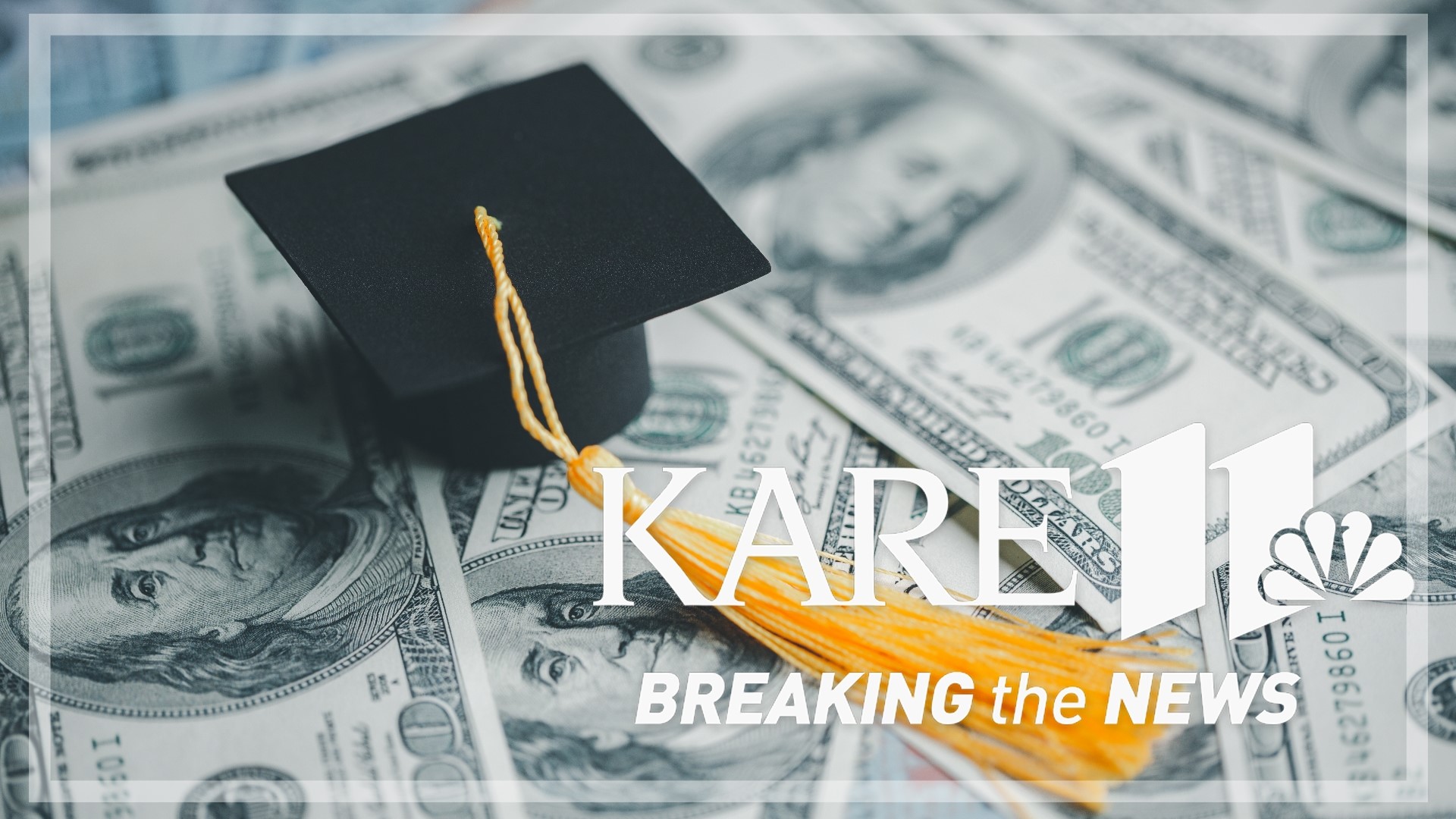SAINT PAUL, Minn. — There's an interesting idea floating around the state capitol, requiring all high school students in Minnesota to take a personal finance class before graduation.
That idea was presented twice during the Senate Education Policy Committee meeting Wednesday afternoon.
"I think this is a top priority. I hope you guys can help me work on this,” Senator Rich Draheim (R-Madison Lake) said while presenting his bill.
Draheim’s bill would require all high school students to take an online financial literacy class in order to graduate high school.
Minutes later, in the same committee meeting, Senator Steve Cwodzinski (DFL-Eden Prairie) presented basically the same idea.
"The only difference between our bills is his is online, mine is in person,” Cwodzinski said while presenting his version of the bill.
According to the Financial Literacy Council of Minnesota, 17 states have similar requirements in place.
Here in Minnesota, the idea has been floating around for years, but it hasn't had enough momentum to get passed into law.
Stephanie Musgrove works with BestPrep and the Jump$tart Coalition of Minnesota, two groups that work directly with teens and young adults to teach them the basics of personal finance.
She is happy to see that lawmakers are taking an interest in the financial education of high school students.
"Students have an appetite for financial literacy,” Musgrove says.
"We want them to understand how to budget for rent, or an apartment, or moving in with someone. Or, you've got your first job and your first paycheck — how do you read those numbers?”
Musgrove says some school districts are also teaching these classes in high school.
"But it's not necessarily required. There are some that require their students just through the school and through the district's policy that students take a personal finance class, but typically it's an elective.”
So, most students aren't taking the class, or don't have the option.
According to the Financial Literacy Council of Minnesota, about 7% of high school students are taking these classes.
"I think it's really important, basic knowledge,” Anita Drentlaw says.
Drentlaw is the CEO of New Market Bank.
She says many community banks like hers are working inside the schools to teach kids about money.
"I think it’s eye-opening for kids because it's not often talked about as much as it should be,” Drentlaw says.
“It’s also eye-opening for us sometimes when we talk about even something like what a bank is and how they work. Kids sometimes don’t understand why they’re so different from things like Paypal and Venmo.”
Drentlaw also sees firsthand what can happen when these kids grow up to become adults and don't have a basic understanding of concepts like debt, interest and loans.
"Somebody who wants to get their very first car loan for instance, they might be coming out of college and have no credit or maybe they didn’t realize that paying your bills late would affect their credit score so negatively,” Drentlaw said.
She's all for the idea of requiring a finance class for all students.
Many of the other senators in the Education Policy Committee also think it's a good idea, but some are concerned about how this new requirement will be carried out.
Some of the concerns include whether the classes should be taught in-person or online, and who should teach them.
Senators were also curious to see whether school districts would require additional funding and resources to add these classes to their curriculum.
Both Senators Draheim and Cwodzinski say they are ready to address these issues as they work together to fine-tune their bills, which could end up merging together into one comprehensive bill.
"I look forward to working with Senator Draheim and all of the testifiers and getting this done this session, if possible,” Cwodzinski says.
The two senators are hoping this bill will be included in this year's omnibus bill.
Watch more Minnesota politics:
Watch the latest political coverage from the Land of 10,000 Lakes in our YouTube playlist:

